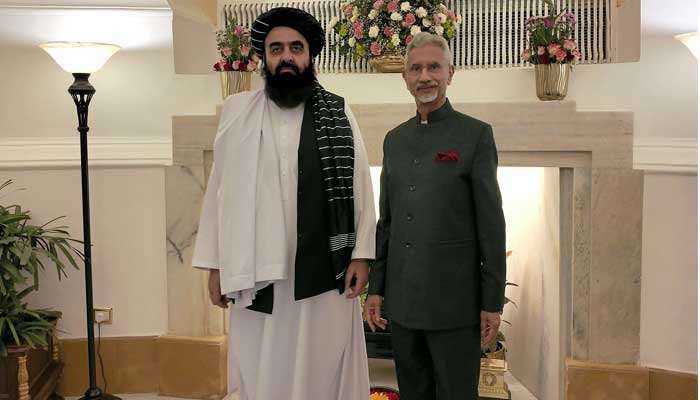Diplomatic Shift in Kabul
India will reopen its embassy in Afghanistan’s capital after a four-year closure, announced Foreign Minister Subrahmanyam Jaishankar on Friday. This move marks a significant expansion of India’s diplomatic engagement with the Taliban-led government, which took power after the US-led NATO withdrawal in 2021.
Partial Reengagement Since 2022
While India closed its main embassy following the Taliban’s takeover, it maintained a smaller technical mission in Kabul since 2022 to facilitate trade, medical assistance, and humanitarian aid. Currently, only about a dozen nations, including Pakistan, China, Russia, and Iran, operate embassies in Kabul—with Russia being the sole country to formally recognize the Taliban administration.
High-Level Talks With Taliban Leadership
The announcement coincided with Afghan Taliban Foreign Minister Amir Khan Muttaqi’s six-day visit to India—the first by a senior Taliban official since 2021. Jaishankar emphasized India’s commitment to Afghanistan’s sovereignty and regional stability, stating that upgrading the technical mission to a full embassy would deepen bilateral cooperation. However, no specific timeline was provided for the transition.
Balancing Engagement and Recognition
Despite the diplomatic outreach, India has not formally recognized the Taliban government. Western nations have criticized the regime over its restrictions on women’s rights, which remain a barrier to broader international acceptance. Muttaqi’s travel was enabled by a temporary UN Security Council exemption from sanctions, highlighting the Taliban’s push for economic partnerships and diplomatic legitimacy.
Focus on Trade and Regional Stability
Discussions between Jaishankar and Muttaqi are expected to cover political, economic, and trade relations. The Taliban’s foreign ministry framed the visit as an opportunity to strengthen ties with New Delhi, reflecting its strategy to diversify regional alliances amid ongoing global isolation.
